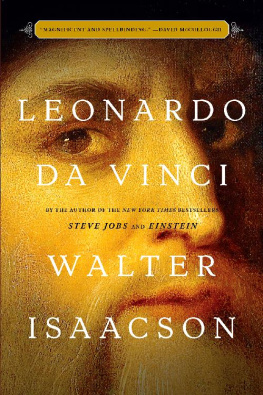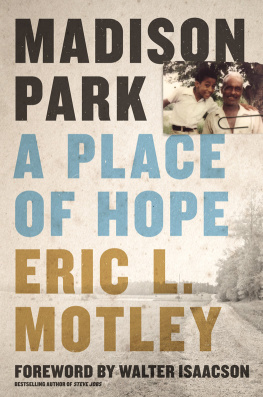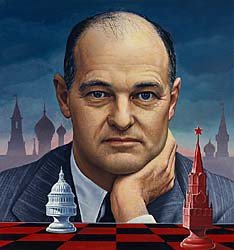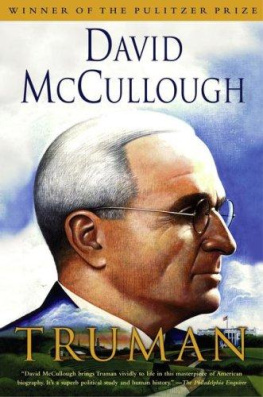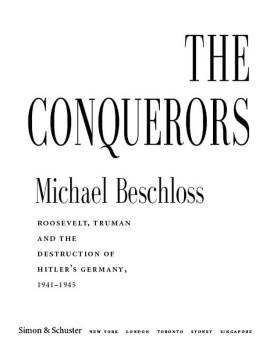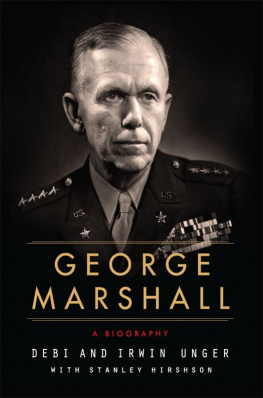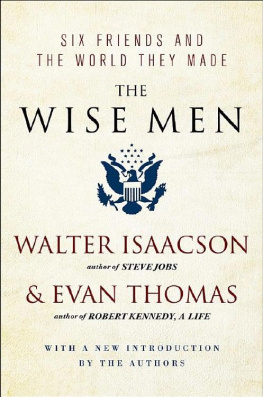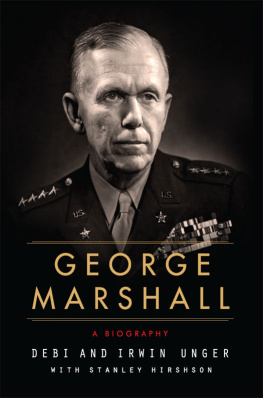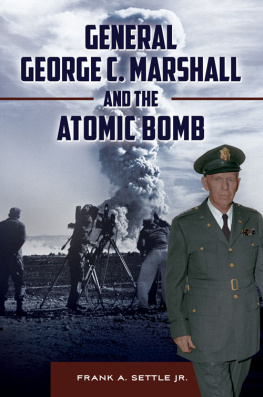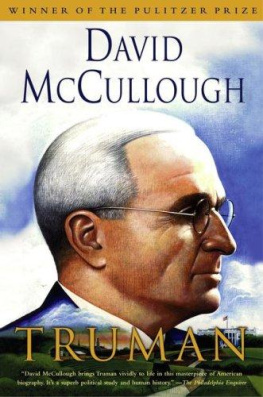Introduction
In their time, they operated largely behind the scenes, little known by the public. But they achieved great things: the shaping of a world order; the creation of international institutions; the forging of a lasting peace in a perilous time. They were private men who avoided publicity but were comfortable with public power, not as an end in itself but as a force for prosperity, security, and freedom. Those who called on their services used the term Wise Men half tongue in cheek, but presidents from FDR to Richard Nixon counted on their wisdom.
In the twenty-five years since The Wise Men was published in 1986, we have often been asked, Who are the Wise Men today? Wehave groped for some semi-plausible names, but in truth, its harder now to be a Wise Man than it was in 1945.
A half century or more ago, as America was assuming its place as the worlds greatest power, government was much smaller and more intimate. High policy is no longer made over cocktails, as it was in 1947, when President Trumans undersecretary of state Robert Lovett went over to the apartment of the chairman of the Senate Foreign Relations Committee, Republican Arthur Vandenberg, to share some top-secret cables in order to win support for the Marshall Plan. When the Wise Men were creating the Western Alliance in 1948, the White House had no national security staffjust presidential aide Clark Clifford meeting or having lunch at the F Street Club with, say, Averell Harriman. National security policymaking may be a more orderly or democratic process these days, but it is also far more cumbersome, if not sclerotic.
The social elite that spawned the Wise Men is a vestige of the past. The meritocracy has long since replaced what columnist Joseph Alsop labeled the Wasp Ascendancy. The Ivy League still staffs many of the top jobs in any administration, but not with the sort of free-spirited preppies who came to Washington during the 1940s. The great Cold War secretary of state, Dean Acheson, last in his class at Groton, wouldnt get into the twenty-first-century Yale; Russian expert and diplomat extraordinaire Chip Bohlen, kicked out of St. Pauls, wouldnt get into Harvard. The think tanks and committee staffs of Washington are filled with overachieving men and women with impressive rsums and SAT scores, but who often come across as more careerist than creative.
Government service, sadly, has lost its luster. At Princeton, alma mater of foreign policy visionary George Kennan, a wealthy graduate endowed the Woodrow Wilson School of Public and International Affairs expressly to train Foreign Service officers. But by the late 1990s, very few WoodrowWilson School students were taking the Foreign Service exam. Many more were looking instead for Wall Street jobs.
During and immediately after World War II, investment bankers like Lovett and Harriman and lawyers like John McCloy and Acheson could, without too much fuss, go back and forth between their private sector jobs and government service. Today, they must divest themselves of any assets that might conceivably pose a conflict of interest and hire lawyers to get past the erratic, seemingly endless Senate confirmation process. Not surprisingly, quite a few able men and women are unwilling to make the sacrifice.
The ones who do go into government dont seem to have quite as much fun as the Lovetts and McCloys of the old days. When these two young Wall Streeters went to work for Secretary of War Henry Stimson in 1941, they were able to wield their considerable power with lan. Todays government servants must run a gauntlet of reporters and congressional committee investigatorsimportant and sometimes essential checks on the abuse of power, but often vexing nonetheless. Foreign policy making was relatively free of partisan politics in the early days of the Cold War; today, nothing is.
The Wise Men had the exhilarating sensation of being, as Acheson put it in the title of his zesty memoir, Present at the Creation. The American Century, in the 1941 phrase of Time-Life founder Henry Luce, was just beginning. Today the talk (alarmist and unfounded, we believe) is of American decline. No wonder the esprit of government service has declined as well.
It is, of course, easy to mythologize the Wise Men and overstate their significance and worth. Indeed, one could write a cautionary lesson about the Myth of the Wise Man. Presidents can be badly served by former statesmen who pretend to know all but dontwhose prejudices have hardened but whose real-time intelligence is lacking. Dean Acheson gave John F. Kennedy dangerously hawkish advice during the 1961 Berlin and 1962 Cuban missile crises. He and Bob Lovett also unwisely encouraged Lyndon Johnson to show backbone by escalating in Vietnam in 1965. On the other hand it was Acheson, along with several other Wise Men, who forced LBJ to confront the bad news coming out of Vietnam after the Tet Offensive in 1968.
Speak truth to power is a clich notable for its rarity in modern-day Washington. Robert Strauss, a kind of latter-day Wise Man who counseled Democratic presidents from LBJ to Bill Clinton, enjoyed describing what it was like to bring visitors to offer advice to the president. On the way over to the White House, the visitors would work themselves up, practicing brave speeches(Strauss would imitate them: Im gonna tell that S.O.B. in the Oval Office a thing or two!). But once actually inside the Oval Office, their courage would wilt; they would become supplicants and sycophants. Strauss would mock their prating: Oh, Mr. President, youre doing such a wonderful job!
Presidents need men and women who are confident enoughindependent enoughto level with them. No one would argue that the presidents top advisers should be chosen from an elitist club of Anglo-Saxon white males who graduated from certain schools (the parody version of the Wise Men; also the reality). But it would serve the country to have public figures with the confidence to rise above party or the search for celebrity. The self-confidence of the Wise Men was liberatingit gave them the freedom to be creative and bold.
The Wise Men fashioned not just the ideas but also the institutions that ran the postwar world. Those institutions are still largely in placelong after the world has changed. Are the World Bank and International Monetary Fund the right institutions to manage the new global economy? Radio Free Europe and Voice of America worked brilliantly to spread the word of freedom to the Communist bloc. But what is the right sort of agency to fight cyber terror or Islamic fanaticism? Is NATO the best military structure for resolving messy insurgencies or civil wars in countries like Afghanistan and Libya? These Cold Warera institutions creak and labor along, but a new generation needs to create whole new structures and systems for the world as it is or will be. This task will require the same kind of inspiration and energy that seized Acheson as he sought to create a Pax Americana to replace Pax Britannica and Kennan to imagine the containment doctrine. The Wise Men, whose story we tell in this book, are gone forever. But their spirit should live on.
Walter Isaacson & Evan Thomas, January 2012
Also by Walter Isaacson
Steve Jobs
American Sketches
Einstein: His Life and Universe
A Benjamin Franklin Reader
Benjamin Franklin: An American Life
Kissinger: A Biography
Pro and Con
Also by Evan Thomas
The War Lovers
Sea of Thunder?
John Paul Jones??
Robert Kennedy??
The Very Best Men??
The Man to See??
Thank you for purchasing this Simon & Schuster eBook.
Sign up for our newsletter and receive special offers, access to bonus content, and info on the latest new releases and other great eBooks from Simon & Schuster.



